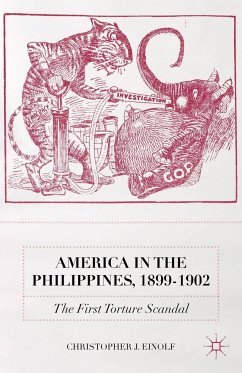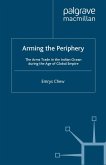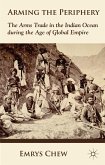America in the Philippines, 1899-1902: The First Torture Scandal analyzes the US army's use of the 'water cure' torture in the Philippine War and the ensuing political scandal that resulted. Drawing on primary source documents to construct a detailed narrative history of the events, the book also proposes an original theory for the causes of torture, which emphasizes the moral agency of low-level actors. Einolf uses the historical debate to illuminate theories of present-day human rights advocacy. The conclusion relates the Philippine War case to the more recent use of torture under the George W. Bush administration and makes recommendations for researchers and advocates.
"Einolf offers the first disciplined study of American torture in the context of counter-insurgency war, carefully documenting how torture emerges, how it spreads, and what factors lead it to change or cease in the context of war. Carefully researched, historically grounded and social-scientifically informed, this book will be of great importance to all future case studies of this topic.' - Darius Rejali, Reed College, USA








